
Buzios to drive Petrobras production growth
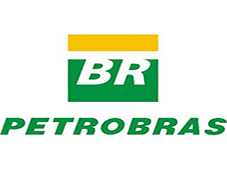
Around 28pc of a planned $64.4bn in upstream spending will be directed to adding up to seven floating production, storage and offloading units (FPSOs) at Buzios, which Petrobras says is the world's biggest oil field.
In early November, Petrobras and Chinese state-owned partners CNOOC and CNPC paid around $17bn for the right to produce volumes above the 3.15bn boe directly granted to Petrobras in a 2010 contract with the federal government. Buzios, the more extensive area in the Santos basin cluster known as the Transfer of Rights (TOR), is estimated to hold around 13bn bl of oil equivalent reserves.
The field currently hosts four 150,000 b/d FPSOs that are producing a total of 600,000 boe/d, mostly 28°API crude. At least two of the four platforms have been modified to produce around 170,000 b/d, upstream director Carlos Alberto Pereira de Oliveira said at an Investor Day presentation at the New York Stock Exchange today.
Petrobras is now preparing platform maintenance at Buzios, moderating output through mid-2020.
The first development phase at Buzios will be completed with a fifth 150,000 b/d unit scheduled for start-up in 2022.
In November, Petrobras said it planned to add five additional FPSOs at Buzios in a second development phase starting in 2024. The company has already expanded that plan, adding two additional units with a minimum capacity of 180,000 b/d, according to the company's presentation.
If Petrobras sticks with the minimum envisaged production capacity and does not opt for platforms with more than 200,000 b/d of capacity, as it has previously discussed, the field would have production capacity of around 1.86mn b/d by 2031.
The company's 1mn b/d Lula pre-salt field, which is currently Brazil's top hydrocarbons producer, has nine platforms with total installed capacity of around 1.35mn b/d.
Overall, Petrobras plans to produce 2.2mn b/d of oil in 2020, +/- 2.5pc, only a modest increase over its 2.1mn b/d target for 2019, as a result of upstream asset sales and maintenance.
The company produced 2.02mn b/d in the first 10 months of 2019, according to regulatory data, but it says platform ramp-ups will push production to new records in the final stretch of 2019.
The addition of 13 FPSOs off Brazil over the next five years is expected to drive oil production to around 2.9mn b/d by 2024. Four of those units—earmarked for the Mero, Marlim and Itapu fields and the Sergipe-Alagoas basin—have been delayed by one year compared with the previous plan.
Outside Buzios, Petrobras' upstream spending remains focused on tapping the pre-salt, which is expected to account for 66pc of the company's output in 2024 compared with 63pc in 2020.
Development of the company's biggest pre-salt fields, such as Mero and Lula, accounts for around $12.8bn, or 20pc, of upstream spending over the five-year period through 2024. Exploration in recently acquired pre-salt blocks will attract around $11.5bn.
Petobras plans to spend around $18.5bn on developing production in post-salt reserves over the next five years. The company had earmarked around $21bn for post-salt spending under its previous plan, almost all directed toward the aging Campos basin, where output has been declining at a rate of around 9pc/yr. The company will spend $20bn in Campos through 2024, mostly on new wells and enhanced recovery aimed at maintaining the current 1mn boe/d level.
Petrobras says its core deepwater business remains resilient, with the pre-salt oil production breakeven price pegged at $35-$45/bl.
Petrobras plans to divest $20bn-$30bn in non-core assets over the next five years, including refineries and onshore, shallow-water and mature fields.
The firm said the portfolio might include some legacy deepwater fields, such as the Marlim field in the Campos basin. Last year, Petrobras and CNPC signed a preliminary agreement covering a 20pc stake in the field. The deal is part of a broader agreement that includes completion of the Comperj refinery project in Rio de Janeiro. The agreement could close before year-end, according to Petrobras executives.
By Nathan Walters


Gold price eases after Trump downplays clash with Fed chair Powell
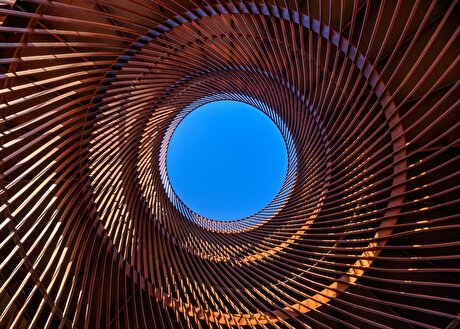
Copper price hits new record as tariff deadline looms
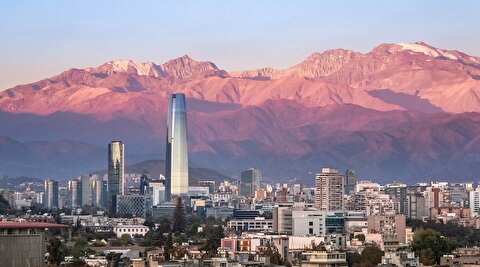
Chile’s 2025 vote puts mining sector’s future on the line
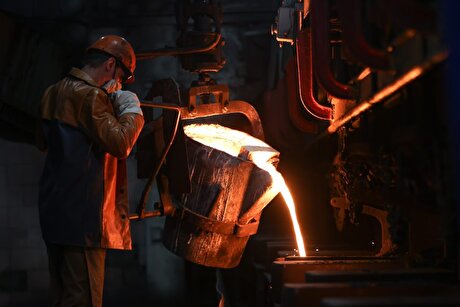
Brazil producers look to halt pig iron output as US tariff threat crimps demand

Gold price could hit $4,000 by year-end, says Fidelity
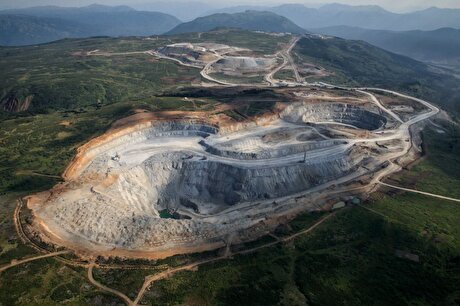
Three workers rescued after 60 hours trapped in Canada mine
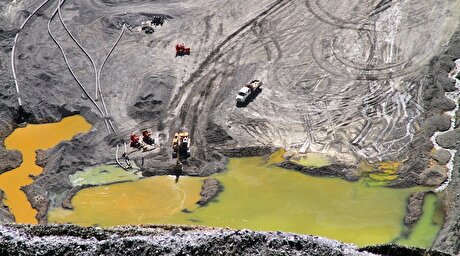
US targets mine waste to boost local critical minerals supply
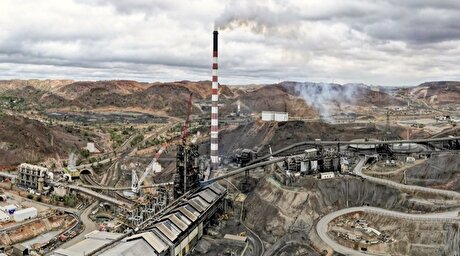
Glencore workers brace for layoffs on looming Mount Isa shutdown

Column: EU’s pledge for $250 billion of US energy imports is delusional
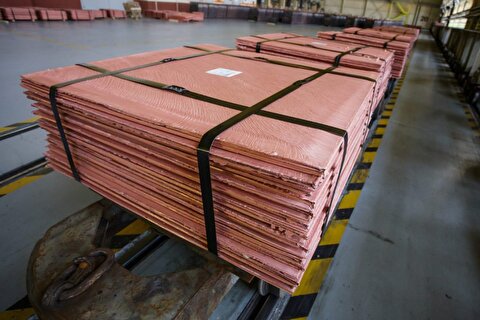
Trump tariff surprise triggers implosion of massive copper trade
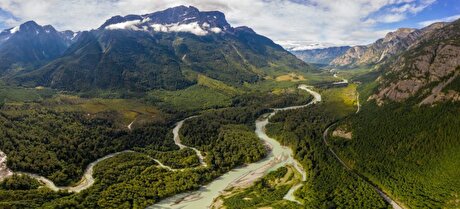
Maxus expands land holdings at Quarry antimony project in British Columbia

BHP, Vale accused of ‘cheating’ UK law firm out of $1.7 billion in fees
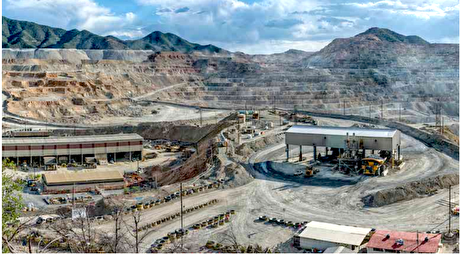
Southern Copper eyes $10.2B Mexico investment pending talks
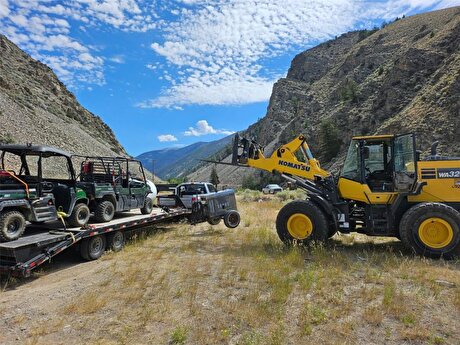
American Tungsten gets site remediation plan approved for Ima mine in Idaho
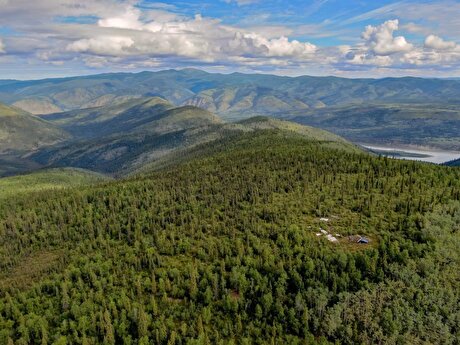
Kinross divests entire 12% stake in Yukon-focused White Gold

Gold price could hit $4,000 by year-end, says Fidelity

Southern Copper expects turmoil from US-China trade war to hit copper

Ramaco Resources secures five year permit for Brook rare earth mine in Wyoming

Column: EU’s pledge for $250 billion of US energy imports is delusional

Trump tariff surprise triggers implosion of massive copper trade

Maxus expands land holdings at Quarry antimony project in British Columbia

BHP, Vale accused of ‘cheating’ UK law firm out of $1.7 billion in fees

Southern Copper eyes $10.2B Mexico investment pending talks

American Tungsten gets site remediation plan approved for Ima mine in Idaho

Kinross divests entire 12% stake in Yukon-focused White Gold

Gold price could hit $4,000 by year-end, says Fidelity

Southern Copper expects turmoil from US-China trade war to hit copper

Ramaco Resources secures five year permit for Brook rare earth mine in Wyoming














